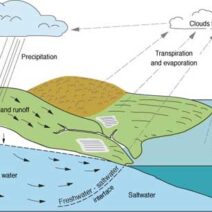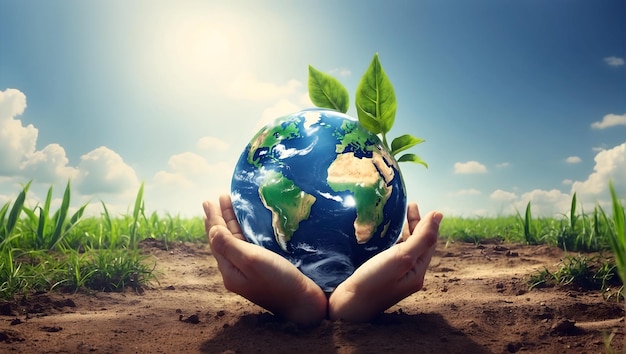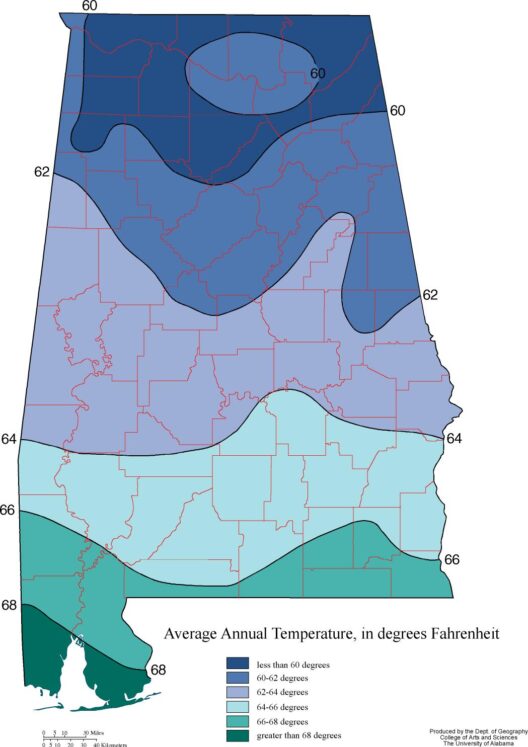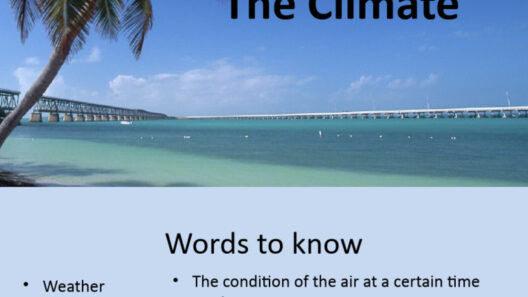Indonesia, an archipelago of over 17,000 islands, is renowned for its ecological diversity and rich cultural tapestry. Despite its natural treasures, the nation grapples with the dire consequences of climate change. As global temperatures inch upward and weather patterns grow erratic, the imperative for collective action intensifies. Amidst these challenges, a burgeoning movement is manifesting: the rise of empowered green citizens. This grassroots initiative aims to equip individuals with the knowledge, tools, and motivation to proactively address global warming.
At the core of Indonesia’s green citizen movement lies a profound promise—a shift in perspective. Rather than viewing environmentalism as a burdensome obligation or an elite pursuit, it advocates for an inclusive approach where every individual plays a pivotal role. This newfound consciousness transcends socio-economic barriers, beckoning citizens from all walks of life to engage. The message is clear: combating climate change is not merely a governmental or corporate concern; it is an everyday responsibility that involves every person.
Education serves as the bedrock of this initiative. Indonesian green citizens are mobilizing community workshops and educational programs that delve into the science of climate change, the importance of biodiversity, and sustainable practices. Knowledge is power, and by unfurling the complexities of environmental issues, individuals can grasp the realities of their surroundings. Children and adults alike learn about the delicate interplay between human activity and ecological health, instilling a sense of stewardship for the planet from an early age.
The omnipresent threat of deforestation, driven primarily by agricultural expansion and urban development, looms large in Indonesia. It is vital for green citizens to understand the ramifications of such actions—not only on local ecosystems but on global climatic systems. When trees are felled, carbon sequestration processes are interrupted, contributing to an alarming rise in atmospheric CO2 levels. Knowledge sharing about sustainable agricultural practices, reforestation efforts, and the significance of protecting peatlands becomes critical. By enlightening individuals about these issues, green citizens cultivate a populace that values preservation over destruction.
Moreover, social media has emerged as a formidable ally in the quest to empower young green citizens. Platforms like Instagram, Twitter, and Facebook serve as vibrant arenas for awareness campaigns and community organizing. Here, eco-consciousness flourishes; hashtags like #SustainableIndonesia and #GreenCitizen provide visibility and foster dialogue. The ability to connect with like-minded individuals creates a sense of belonging, encouraging more people to engage with environmental issues. As citizens share stories of their initiatives—from rooftop gardens to plastic-free initiatives—a ripple effect ensues, piquing curiosity and inspiring action.
Individual actions, though seemingly small on their own, accumulate to forge substantive societal changes. Indonesians are banding together to adopt sustainable practices such as reducing plastic usage, participating in community clean-ups, and advocating for renewable energy solutions. The concept of “reduce, reuse, recycle” is no longer mere jargon; it is a tangible part of daily life for many. By championing these practices, individuals are promoting a lifestyle that respects both natural resources and future generations.
In urban areas, citizen-led initiatives are redefining the narrative around waste management. Innovative strategies are being implemented, such as zero-waste catering services, composting projects, and the establishment of recycling cooperatives. The transformation of waste into valuable resources reduces environmental strain while fostering community solidarity. It challenges the conventional paradigms surrounding waste disposal and encourages a culture of sustainability.
Furthermore, the role of policy advocacy cannot be overstated. Empowered green citizens are not only passive recipients of education but active participants in shaping environmental legislation. Awareness of the power of collective voice galvanized many Indonesians to petition local governments, demanding stricter regulations on waste management and greater investment in green infrastructure. By rallying around common causes—such as protecting coral reefs and safeguarding wildlife habitats—they illuminate the importance of actionable change at the political level.
However, challenges remain. Economic pressures, misinformation, and the allure of convenience often thwart green initiatives. Bridging the gap between knowledge and action is imperative. The integration of environmentally-friendly practices into local economies, such as sustainable tourism and organic farming, can counteract the narrative that environmentalism is detrimental to livelihoods. This requires a robust investment in both education and resources to ensure that green citizens are empowered not just in theory, but in their everyday choices.
As Indonesia continues to navigate the ecological complexities of the 21st century, the emergence of a thoughtful, engaged citizenry provides a beacon of hope. This movement transcends mere activism; it is a reawakening of interdependence between humanity and nature. Empowering individuals to combat global warming fosters resilience, heralding a future where collective action leads to a verdant revitalization of the planet.
In conclusion, Indonesia’s green citizen movement encapsulates the essence of environmentalism in a rapidly changing world. By embodying a promise to shift perspectives and ignite a passion for sustainability, individuals are becoming key players in the fight against climate change. Through education, community engagement, and policy advocacy, empowered citizens stand at the forefront of an ecological renaissance, animating hope and resilience in the face of adversity. Embrace this change. Awareness is the first step; action follows.








